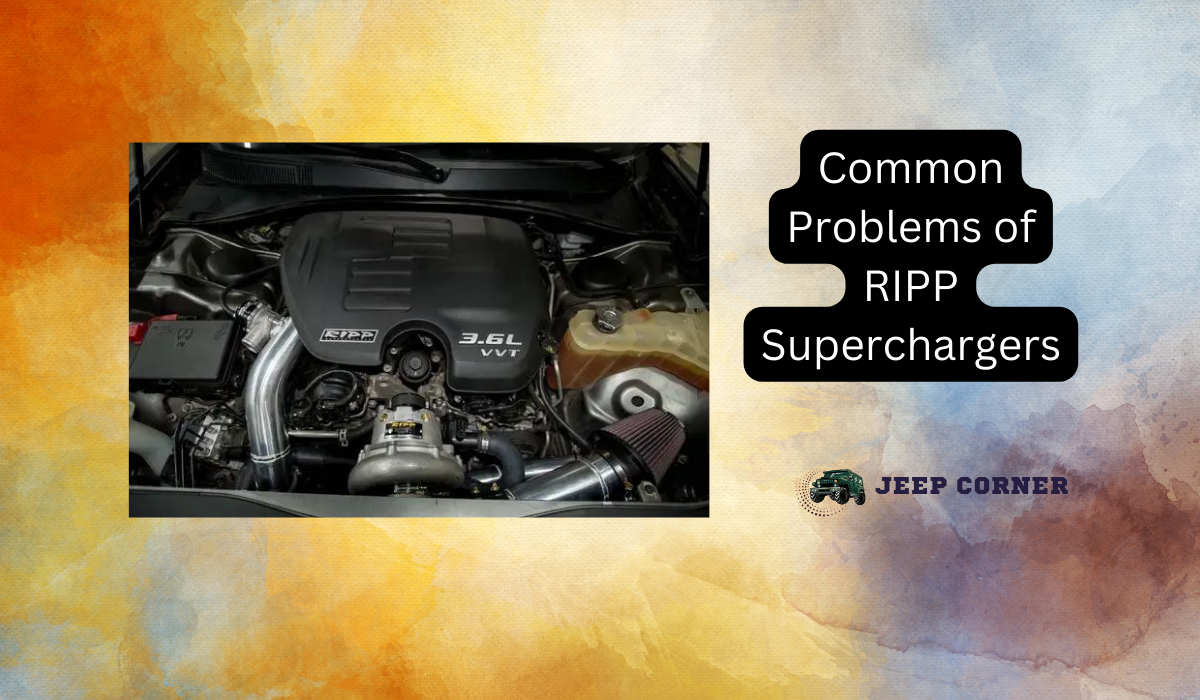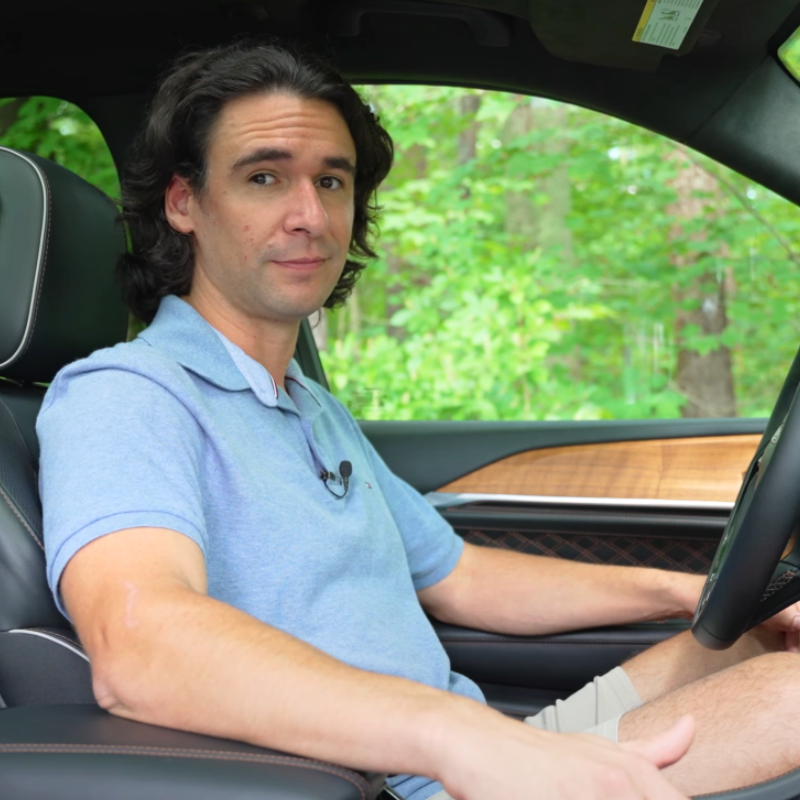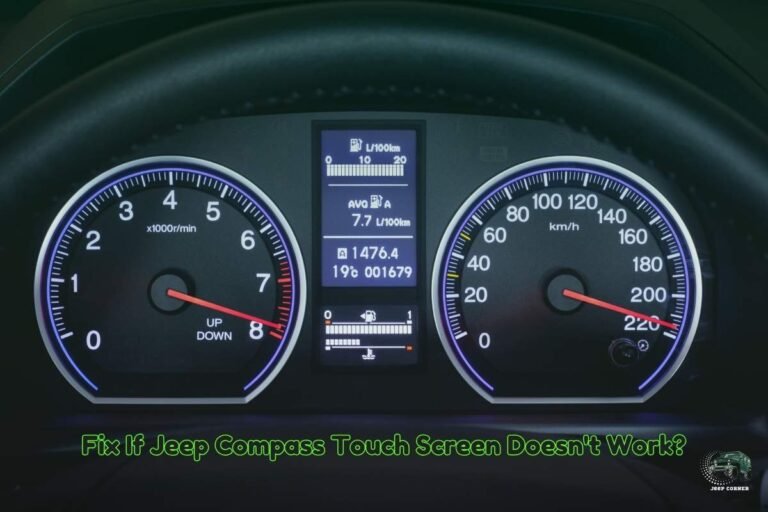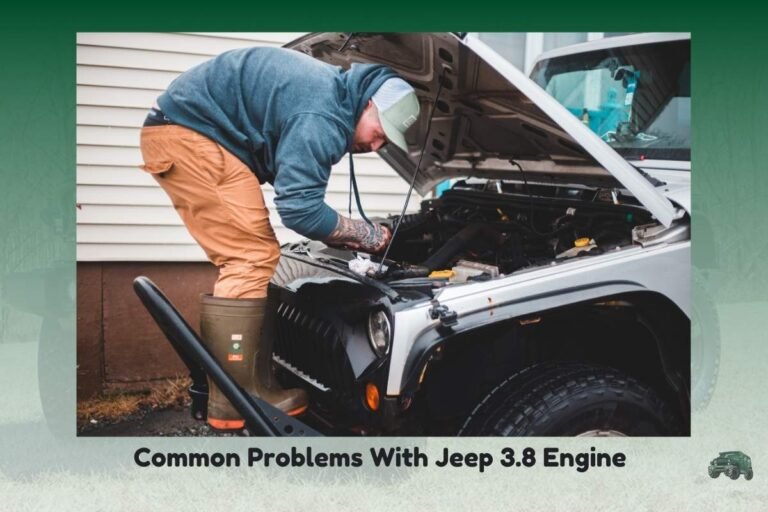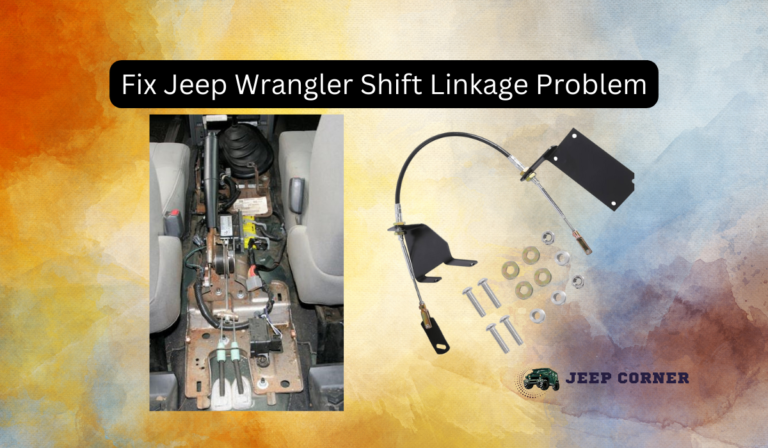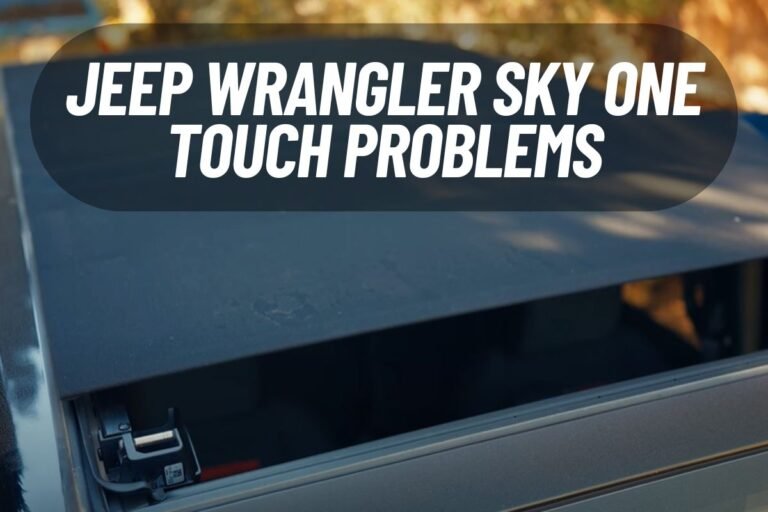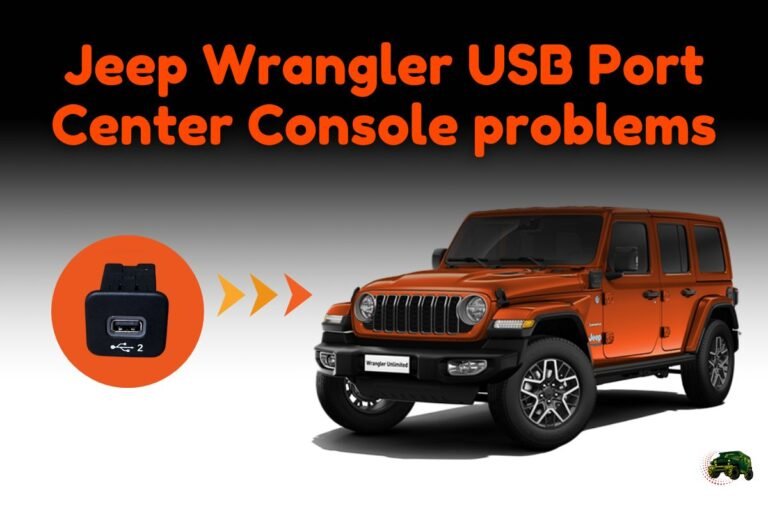8 Common Problems of RIPP Superchargers You Must Know About
Superchargers are a fantastic add-on to your vehicle if you are looking to get some extra horsepower for your SUV. If you are installing RIPP Superchargers, then you get nearly a boost of 170 HP. Adding superchargers doesn’t require much modification. So it’s an easy solution for getting horsepower.
But you need to be aware of some issues with the RIPP supercharger. There are 8 Common Problems of RIPP Superchargers You Must Know About before you get your vehicle equipped with one. Keep reading to learn about them.
Table of Contents
8 Common Problems of RIPP Superchargers You Must Know About
Below we have given a detailed explanation of all the 8 common problems of RIPP Supercharger you will face with your vehicle.
- Air Filter Issue
You may find many complaints about the air-filter system of RIPP Superchargers. The air filter sometimes sounds similar to a vast amount of blow. There is also the issue of the air filter converting to an oil filter, and this causes the motor to fry up. There is also the problem of getting oil coating.
The air temperature sensor, body frame, and many other things that pass the air filter are coated in oil. Some users also complain about the air filter getting separated from the base.
- Transmission Issue In High Gear (3 or 4th)
You may witness a problem regarding the transmission commonly in the JK-2010. In high gears, such as 3rd and 4th, they went out. This can occur when the gears are adding supercharges around 15k miles.
Anytime the pedal is punched hard to get a boost, the transmission will push it below a lower gear. This problem begs the question of the effectiveness of clutch management, torque converter, and the centrifugal system.
It needs a change if the superchargers cannot induce the necessary centrifugal force in low RPM torque. A reprogramming of the transmission system is essential.
- Shortening the Lifespan of the engine
Usually, there is a chance of superchargers not shortening the Lifespan of your vehicle’s engine. You must take care of the tuning system, engine maintenance, and oil change.
But in the case of RIPP Superchargers, the chance of it is slim. Many people complain about the tuning issues of the supercharge in stage 1 instead of stage 2. Various modifications occur for installing the supercharger, such as reprogramming the ECM, spark injectors, exhaust system, etc., which can put a lot of strain on the engine of your vehicle.
This is how the RIPP Supercharge has a higher chance of shortening the engine’s Lifespan even with a safe tune.
- High Installation Cost
Beginners who have yet to gain any prior knowledge of installing superchargers will face this kind of issue. For instance, the labor cost estimated for a Dodge challenger RIPP Superchargers’ is around 240$ to 300$, and around 7000$ when you get your vehicle parts assembled.
It will cost you more than a diesel or turbo engine and other methods. In the beginning, it can feel a bit too expensive.
- Jeep Cuts Out Problem
Another problem with the RIPP supercharger is that the jeep cuts out and gets back up. When the throttle is at 1/4th or 1/2th of any gear, it will cut out around 3250-3300 RPM and pick up again, which will happen only for a split second.
The easy solution for this is resetting the ECU. Converting to RIPP superchargers gen-2 can also be a better alternative.
- RIPP Superchargers Void Vehicle Warranty
Because of warranty issues, several people put an end to their RIPP superchargers. After you employ superchargers (Any supercharger, including RIPP Superchargers), any other warranty that you may have on your vehicle will be void.
That is why, before installing a supercharger on your vehicle, think twice about other things except for the increase in horsepower. You will have an easier time deciding if the vehicle you are installing the supercharger is an old jeep.
Suppose the old jeep that has no warranty is a cherry on top. Then adding a RIPP supercharger will be a welcome improvement. You will get easy lifts on towing heavy trailers.
- Horsepower Issue
RIPP superchargers claim they can append nearly 140 to 170 HP. But in truth, it is not like that. Once verified owner of GM V6 testified about it. If you notice the boost gauge, you will not see it exceeding 4 PSI for producing a big boost. Another verified owner of Duramax 3500 also agreed to this issue.
- Centrifugal Technology Failure
You may also notice at lower RPM, your vehicle does not have enough extra HP. Tunings issue is also something that you might notice. These issues indicate the RIPP supercharger has a centrifugal technology failure.
If you understand how superchargers work and about centrifugal force, then you already understand the matter. The common issue with the RIPP centrifugal tech is that it cannot produce the necessary torque in the lower RPMs. It also causes no getting required wheel spin. Be alert when your jeep is heavy, going through heavy traffic, or rock crawling.
Is Ripp Supercharger Worth It?
If you’re convinced to supercharge your V6 to get more power, the RIPP Supercharger is a good bet. It’s because the stock engine is pretty reliable with the recommended boost levels, as is the driveline.
But don’t have too high expectations because of the downsides we’ve mentioned above.
If you’re planning to buy one, purchase directly from RIPP, or its authorized shops. In some cases, RIPP refused to provide a warranty for the purchases made otherwise.
FAQs
Should you go for turbo or supercharge a V6?
If you are looking to bring a balance between the effectiveness of fuel economy and performance, then choose to turbocharge. But for an easier and more straightforward horsepower solution, choose to supercharge with RIPP. Check your priority before selecting the option to go for your vehicle.
Does the RIPP supercharger need lubrication?
Yes, of course. If you do not lubricate the supercharger, then they will dry up. That will cause grinding and friction. Grinding can damage the supercharger. Even the engine can get damaged from it. After all, they are connected. The lubricants help reduce heat when the supercharger creates extra heat and lets the engine run smoothly.
Conclusion
After finishing reading so far, you have learned the 8 Common Problems of RIPP Superchargers You Must Know About. Now you are better equipped to understand your newly bought RIPP supercharger. If you still need to buy one, you know if you can handle the RIPP supercharger with all the intricacies.
We hope you will enjoy having some extra horsepower in your vehicle. After all, it’s all about speed.

